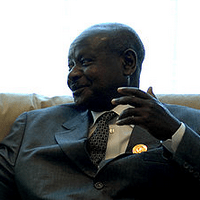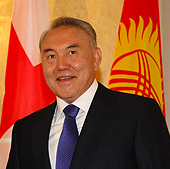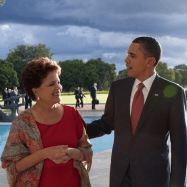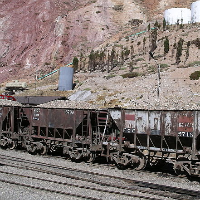
KIGALI, Rwanda — On a Thursday afternoon in February, a plot worthy of a Hollywood script unfolded in Goma, the freewheeling provincial capital that clings to the eastern edge of the Democratic Republic of Congo. Starring a high-profile Congolese fugitive, a cadre of foreign businessmen and a U.S.-registered Gulfstream jet, the tale featured a car chase that resulted in the seizure of $6.8 million in cash and a dramatic runway arrest that netted a half-ton of gold. Four foreign nationals — including a Frenchman, two Nigerians and a Houston-based diamond dealer — are now awaiting trial in the Congolese capital, […]








